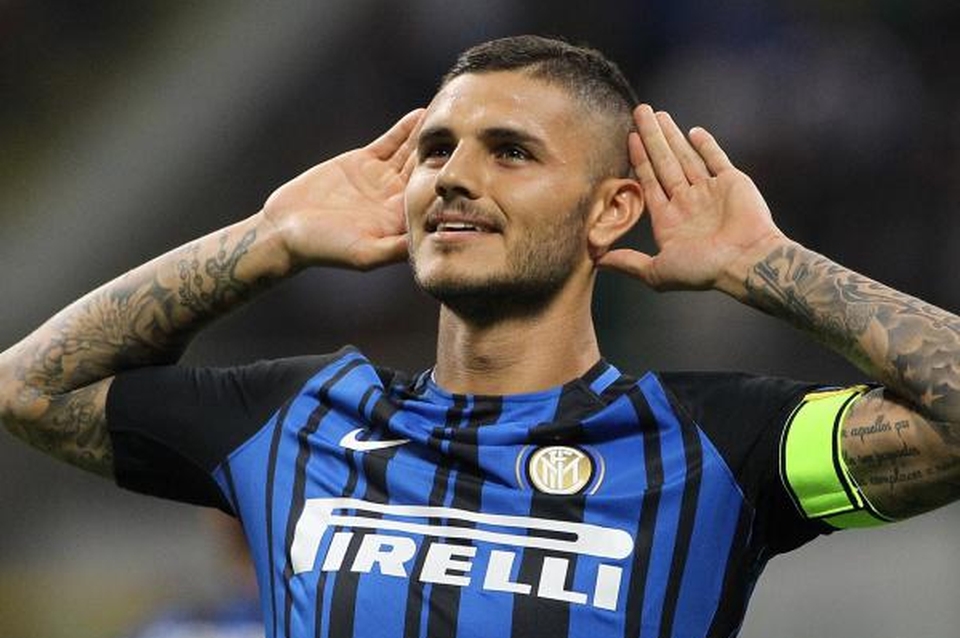Mauro Icardi cannot force Inter to include him in tactical drills and practice matches during training, according to one of Italy’s most accomplished sports lawyers.
Earlier this month, the striker’s entourage sent the Nerazzurri a formal request to fully reintegrate Icardi into first-team training, but Antonio Conte is still leaving him out of certain exercises.
Mattia Grassani today made it clear Inter were highly unlikely to receive any legal trouble for their treatment of their former captain.
He told Corriere dello Sport: “The technical sphere of activity is exclusively a matter for the coach and his backroom staff, without the chance for anyone to interfere from elsewhere.
“It doesn’t seem correct to me to suggest any athlete has a right to take part in preparatory matches or tactical exercises no matter what. It would clash with the notion of the coach having complete autonomy when he takes charge of training sessions.”
Icardi’s entourage are thought to be considering accusing Inter of mobbing, after the Argentine was stripped of the club captaincy and excluded from all preseason friendlies.
Grassani admitted it was very difficult to work out where the story would end until the transfer window closes on Monday.
“Mobbing in sport is a very delicate matter which must be handled with extreme care,” he explained.
“If you were to go to the Arbitration Committee and claim you have been demoted and under-used in a sporting context, with a subsequent termination of your contract and financial compensation, you would need concrete and unassailable evidence that this has happened over a period of time.”
Grassani also addressed the idea Icardi could ask to have his contract terminated next summer if he did not appear in at least 10% of Inter’s official fixtures this season, as per Article 15 of FIFA’s regulations on transfers for ‘established’ players.
He added: “This particular case would revolve around the high level of discretion afforded to the legal authority when it comes to the term ‘established player’ and the concept of sporting just cause.
“FIFA’s Dispute Resolution Chamber (DRC) would make a subjective evaluation, at which point three criteria must be met.
“The player must be considered ‘established’, they must have taken part in less than 10% of official matches (which is calculated in terms of the number of minutes played) and they must have formalised their request to terminate their contract within 15 days of the last game of the season.
“If all three conditions are met, the trial must then conduct a very close study into all the circumstances which have characterised the player’s relationship with his club, such as injuries, player behaviour and club decisions.
“There is no standardised process to apply on each case. The verdict can be taken on appeal to the Court of Arbitration for Sport in Lausanne.”





